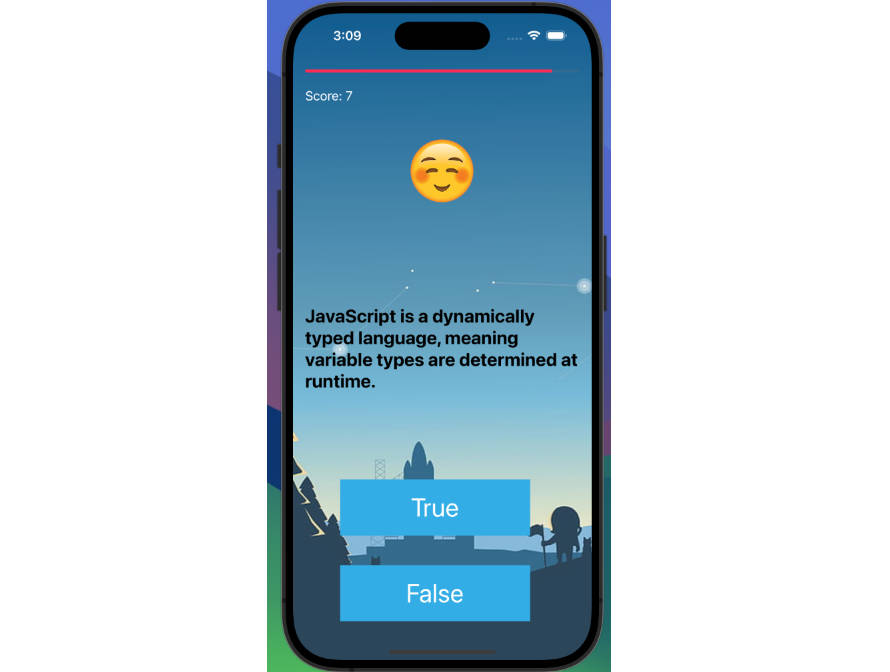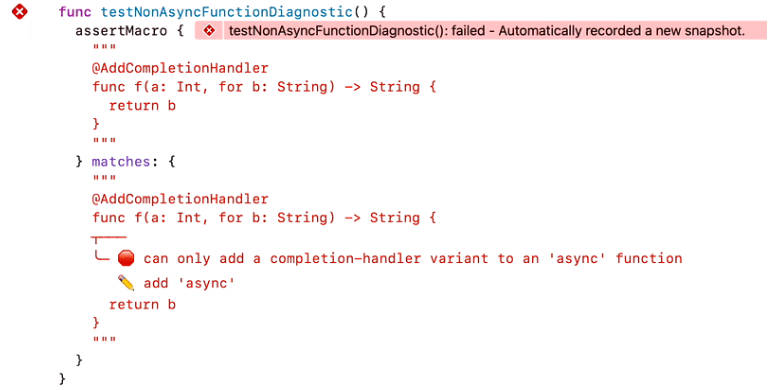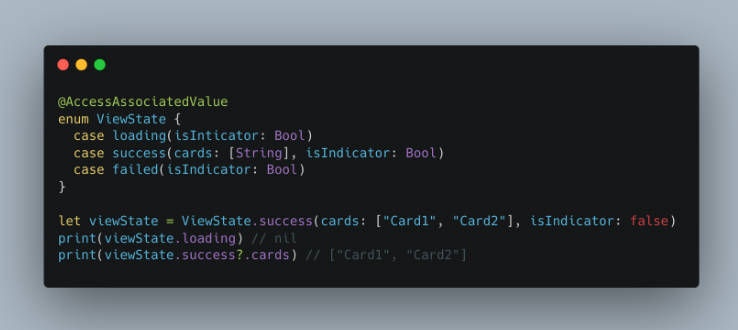MDI
Zero-cost dependency injection using Swift Macros
Features
- Implements zero-cost dependency injection via Swift Macros
@AutoRegistercallsresolve()on all the factory’s dependencies@SingletonRegisterfollows the same principle as@AutoRegister, but storing (and exposing) the generated value in a singleton@FactoryRegisterexposes all parameters to theresolve(...)method
- Type safe
- Generates vanilla Swift
Requirements
- Requires Swift 5.9
Example Usage
Define some type that will serve both as the “assembly hub” and the resolution entry point.
An empty enum should be enough.
enum Dependency { }
On this example, assemblies will be defined in extensions of Dependency (although this is not mandatory and can be done directly on the type declaration).
In the following example, we will assume the following types:
protocol ABTestingProtocol { }
protocol CodeGuardsProtocol { }
protocol ThemeProtocol { }
final class ABTesting: ABTestingProtocol { }
final class CodeGuards: CodeGuardsProtocol { }
final class Theme: ThemeProtocol {
private let abTesting: ABTestingProtocol
private let codeGuards: CodeGuardsProtocol
init(
abTesting: ABTestingProtocol,
codeGuards: CodeGuardsProtocol
) {
self.abTesting = abTesting
self.codeGuards = codeGuards
}
}
And then create an assembly to register them:
import MDI
@SingletonRegister((any ABTestingProtocol).self, factory: ABTesting.init)
@SingletonRegister((any CodeGuardsProtocol).self, factory: CodeGuards.init)
@SingletonRegister((any ThemeProtocol).self, factory: Theme.init(abTesting:codeGuards:))
extension Dependency { }
@SingletonRegister will call resolve on both ABTestingProtocol and CodeGuardsProtocol.
Since both are declared in the assembly (mind they could easily be declared elsewhere) this succeeds; otherwise we’d get a compiler error.
Note that, in the previous example, all dependencies were singletons, but this obviously did not have to be the case.
If instead @AutoRegister was used:
import MDI
@AutoRegister((any ABTestingProtocol).self, factory: ABTesting.init)
@AutoRegister((any CodeGuardsProtocol).self, factory: CodeGuards.init)
@AutoRegister((any ThemeProtocol).self, factory: Theme.init(abTesting:codeGuards:))
extension Dependency { }
New instances of the registered types would be created on each call to resolve(...).
Finally, some dependencies require parameters that cannot be resolved, but rather passed when instancing.
This can easily be achieved via @FactoryRegister.
In the following example, we can resolve ThemeProtocol, but not necessarily boot: Date or sessionId: String.
protocol AppContextProtocol {}
final class AppContext: AppContextProtocol {
let boot: Date
let sessionId: String
let theme: ThemeProtocol
init(
boot: Date,
sessionId: String,
theme: ThemeProtocol
) {
self.boot = boot
self.sessionId = sessionId
self.theme = theme
}
}
Using @FactoryRegister we can expose the required parameters while even leveraging resolve(...) in the factory method to resolve ThemeProtocol:
import MDI
private extension AppContext {
static func factory(
boot: Date,
sessionId: String
) -> AppContext {
return AppContext(
boot: boot,
sessionId: sessionId,
theme: Dependency.resolve()
)
}
}
@FactoryRegister(
(any AppContextProtocol).self,
parameterTypes: Date.self, String.self,
factory: AppContext.factory(boot:sessionId:)
)
extension Dependency { }
Using this approach, Dependency will expose a resolve method typed:
Dependency.resolve(_ arg1: Date, _ arg1: String) -> any AppContextProtocol
Installation
Swift Package Manager
You can use the Swift Package Manager to install your package by adding it as a dependency to your Package.swift file:
dependencies: [
.package(url: "[email protected]:renato-iar/MDI.git", from: "1.0.0")
]



